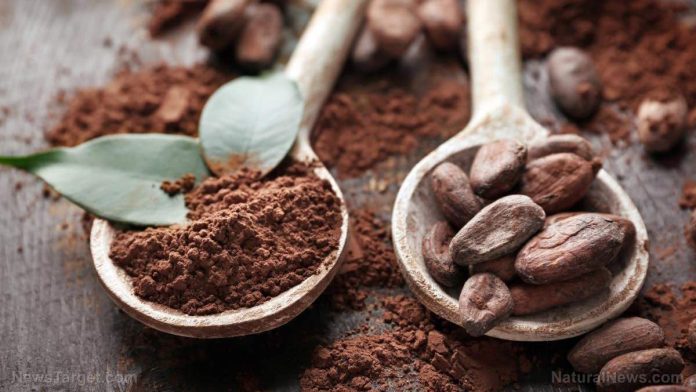There are deep concerns about the possibility of losing our ability to remember things well as we age.
Columbia University Medical Center reported dietary flavanols have been shown to reverse age associated memory decline. According to a study led by Columbia University Medical Center (CUMC) scientists dietary cocoa flavanols reversed age associated memory decline in healthy older adults
When people age they often display some decline in cognitive abilities, including learning and remembering things. What is considered normal age associated memory decline begins in early adulthood but usually does not have any noticeable impact on quality of life until later in life. Age associated memory decline is not the same as the devastating type of memory impairment which occurs with Alzheimer’s in which the disease damages and destroys neurons in various regions of the brain.
Previous research has shown that changes in a specific part of the brain which is called the dentate gyrus are associated with age associated memory decline. This has been considered a correlational link and not a causal one. In order to determine if the dentate gyrus is the source of age associated memory decline in humans researchers tested whether compounds which are called cocoa flavanols can improve the functioning of this region of the brain region and improve memory. Flavanols which are extracted from cocoa beans had been found in previous research to improve neuronal connections in the dentate gyrus of mice.
A cocoa flavanol-containing test drink which was prepared specifically for research was produced by the food company Mars Incorporated. Mars used a proprietary process to extract flavanols from cocoa beans. When the researchers imaged the brains of the research subjects they found noticeable improvements in the function of the dentate gyrus in subjects who consumed the high-cocoa-flavanol drink. The high-flavanol consumption group was also observed to perform significantly better on the memory test.
Dr. Small, the senior author of the study, pointed out if a participant had the memory of a typical 60-year-old at the beginning of the study after just three months that same person had the memory of a typical 30- or 40-year-old on average. Flavanols are also present naturally in tea leaves and in certain fruits and vegetables. The same formulation of flavanols used in this study has also been observed to improve cardiovascular health.
This study has been published in the journal Nature Neuroscience. The researchers found that a high-flavanol intervention enhanced dentate gyrus function. The findings have suggested that dysfunction of the dentate gyrus drives age associated cognitive decline and a non-pharmacological intervention using flavanols may be used for its amelioration. The implications of this study for the possible youthful reinvigoration of memory with flavanols are compelling. It is an absolutely phenomenol finding that it should be possible for people in their sixties and probably beyond to have the same capacity for good memories as people in their 30s and 40s with this natural intervention.








